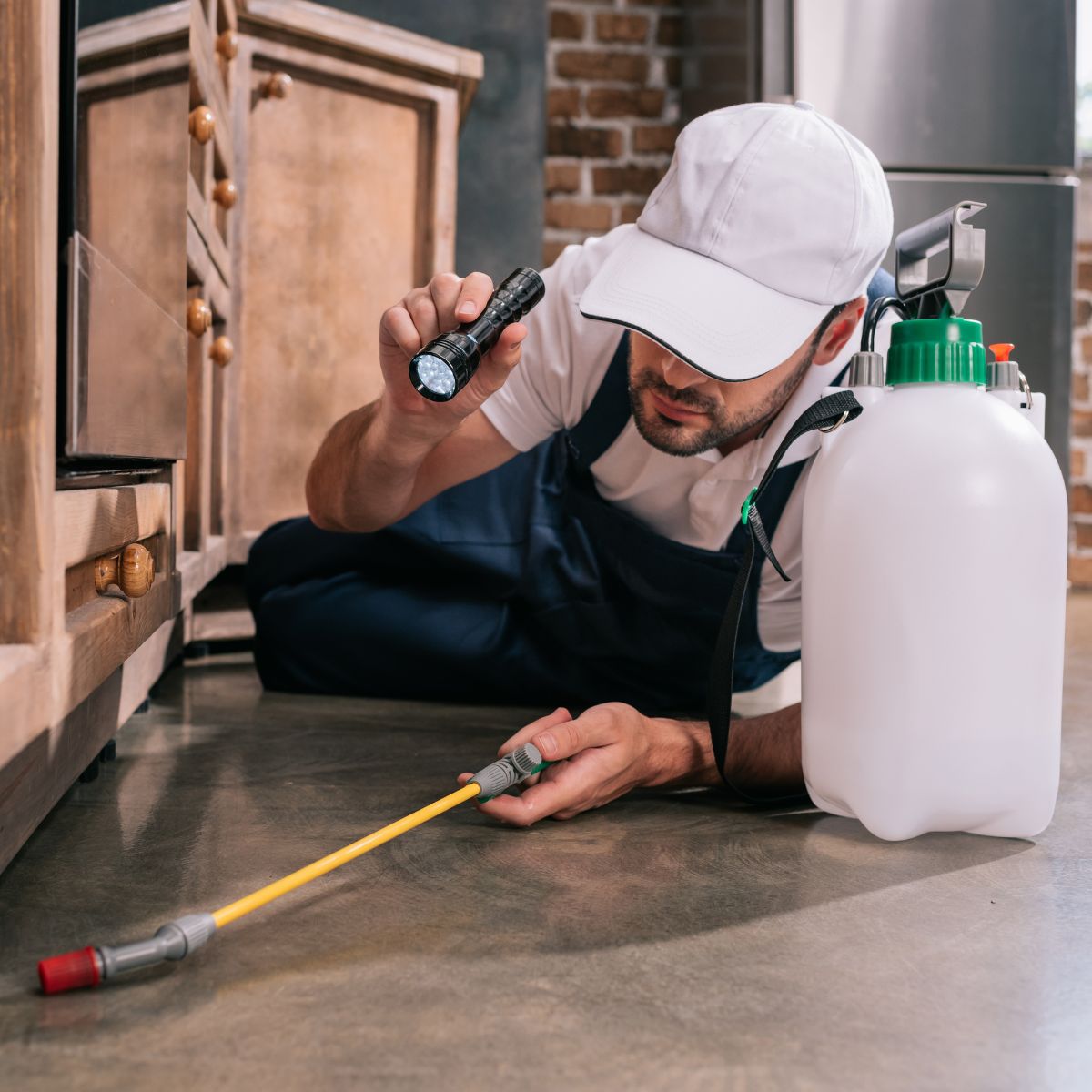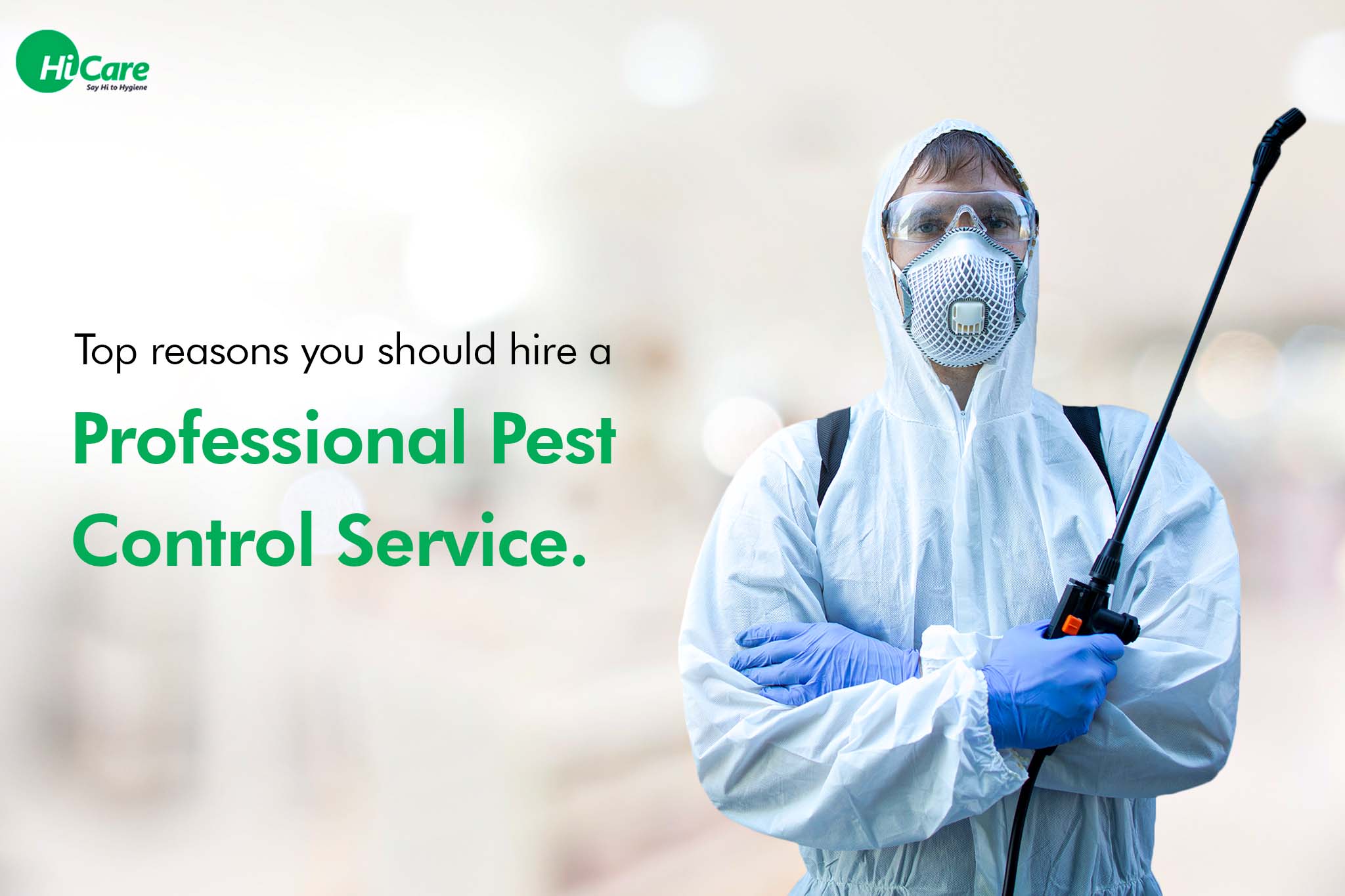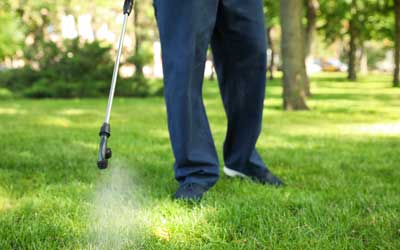Reliable Pest Control Clovis Services: Keep Your Home Safe
Wiki Article
Comprehending the Various Methods to Parasite Control: A Comprehensive Guide

All-natural Bug Control Techniques
Using eco-friendly techniques such as companion growing and organic parasite control is essential for efficiently managing pests in agricultural setups. Companion planting involves growing various plants in closeness to hinder bugs, improve nutrient uptake, and improve overall plant wellness. Growing marigolds together with tomatoes can assist fend off nematodes. Similarly, intercropping maize with beans can interfere with the reproduction patterns of insects like corn borers.Biological parasite control includes introducing all-natural killers or virus to control pest populaces. Ladybugs, for example, feed upon aphids, controlling their numbers without the requirement for chemical pesticides. Another instance is using Bacillus thuringiensis (Bt), a germs that targets particular insect parasites while being harmless to human beings, pets, and useful insects.
These environment-friendly techniques not only lower the reliance on artificial pesticides yet also assist preserve biodiversity and dirt health. By including all-natural insect control strategies right into agricultural techniques, farmers can accomplish lasting parasite management while lessening negative influence on the atmosphere.

Chemical Bug Control Solutions
Along with all-natural parasite control methods, the usage of chemical bug control remedies plays a considerable duty in properly managing pest populations in agricultural settings. Chemical parasite control solutions are formulated to target particular parasites that might trigger extensive damages to plants. These remedies typically consist of artificial pesticides that are designed to eliminate insects rapidly and effectively.One of the key advantages of chemical pest control solutions is their performance in regulating parasite invasions widespread. Farmers can apply these solutions using numerous approaches such as spraying, fumigation, or seed treatment to shield their plants from dangerous bugs, weeds, and diseases. Additionally, chemical parasite control remedies are fairly easy to use and can give fast results, aiding farmers secure their yields and minimize financial losses.
Nonetheless, it is vital to use chemical parasite control options judiciously to lessen potential adverse influence on the setting, non-target organisms, and human wellness. Proper application strategies, adherence to safety standards, and regular tracking are crucial to make sure the responsible use chemical parasite control services in farming methods.
Organic Pest Control Approaches
Organic parasite control approaches leverage natural predators or pathogens to manage insect populations in agricultural settings efficiently. One typical organic control strategy is the intro of all-natural adversaries, such as ladybugs or parasitical wasps, to target details parasites.One more biological control approach involves making use of microorganisms like infections, germs, or fungis to contaminate and eliminate bugs. Overall, biological parasite control methods supply a sustainable and targeted remedy to pest administration in farming.
Integrated Pest Monitoring (IPM)
Integrated Insect Monitoring (IPM) click here to read is a thorough method that incorporates different parasite control techniques to effectively handle and minimize pest populations in farming systems. IPM concentrates on long-term prevention of bugs through a combination of biological, social, physical, and chemical control methods. By integrating these different strategies, IPM aims to minimize dependence on chemical pesticides, minimize environmental influence, and advertise lasting insect administration techniques.
One trick facet of IPM is making use of organic controls such as natural predators, bloodsuckers, and microorganisms to manage pest populaces. This approach utilizes the power of nature to keep an equilibrium in look at more info between pests and their natural opponents without creating damage to the setting.
Additionally, IPM involves cultural practices like crop rotation, sanitation, and environment manipulation to create undesirable conditions for bugs and interrupt their life process. Physical controls such as catches, composts, and obstacles are additionally made use of to stop parasite problems.
Mechanical and Physical Bug Control Methods
Making use of non-chemical techniques, such as physical and mechanical bug control methods, is an essential element of thorough parasite monitoring approaches, constructing upon the structure of Integrated Bug Administration's alternative technique. Mechanical bug control includes making use of physical obstacles or traps to avoid insects view from accessing and damaging plants or structures. This approach can include strategies like setting up displays on windows, making use of row covers in agriculture, or employing sticky traps to catch bugs.Physical pest control approaches, on the other hand, concentrate on directly removing insects via physical means. For example, utilizing warmth treatments to get rid of bed bugs or vacuuming up parasites like spiders or ants can be effective methods to take care of invasions without using chemicals. By incorporating these physical and mechanical insect control strategies right into an Integrated Insect Administration strategy, individuals and experts can decrease dependence on chemicals while still effectively reducing and handling pest populaces damages.
Conclusion

In enhancement to natural pest control methods, the use of chemical bug control options plays a considerable role in properly handling pest populations in farming atmospheres.One of the vital advantages of chemical pest control options is their effectiveness in regulating pest problems on a large range.Integrated Insect Monitoring (IPM) is a detailed approach that integrates numerous insect control approaches to efficiently take care of and reduce pest populations in farming systems.Using non-chemical approaches, such as mechanical and physical parasite control techniques, is a critical element of thorough insect monitoring strategies, developing upon the structure of Integrated Insect Management's alternative approach. By including these mechanical and physical bug control strategies into an Integrated Pest Monitoring strategy, specialists and individuals can reduce dependence on pesticides while still successfully reducing and handling pest populations damage.
Report this wiki page